Life in Calabar was very different to British society. Differences included the very different climate and terrain, wild animals in the jungle areas, local customs, superstition and witch craft, tropical diseases and aggression from some local tribes who didn’t welcome outsiders. Alcoholism was widespread among the local population due in part to foreign countries, including Britain bringing large stocks of gin into the region to trade. Many missionaries didn’t last long, either dying from disease, or being sent home ill. Earlier missionaries had been killed by local tribesmen.
Local tribes often mistrusted each other and fought resulting in the loss of life on both sides. Grudges were held over long forgotten incidents and slights.
Slavery had been abolished in Britain in 1833 but was still widespread in Africa in 1876. Kings, chiefs and other powerful men had many slaves. When their owner died, slaves would be killed to accompany him in the next world. The slave trade worldwide had damaged the Calabar region and its culture, many of its young men had been lost.
Mary found the hierarchy that existed among the missionary community difficult to deal with at times and was relieved to have the opportunity to visit mission stations further up the Creek River where things were simpler. She began to feel that her time would be better spent in areas where there were fewer missionaries than in the well-staffed mission in Duke Town. She asked about moving further inland to work, but was told this was not safe for a woman on her own.
One of the key challenges for missionaries wanting to work further into the region was the lack of roads. Travel was either via canoe up the Calabar, Cross and Creek rivers, or on foot for many miles through dense forest and swampland.

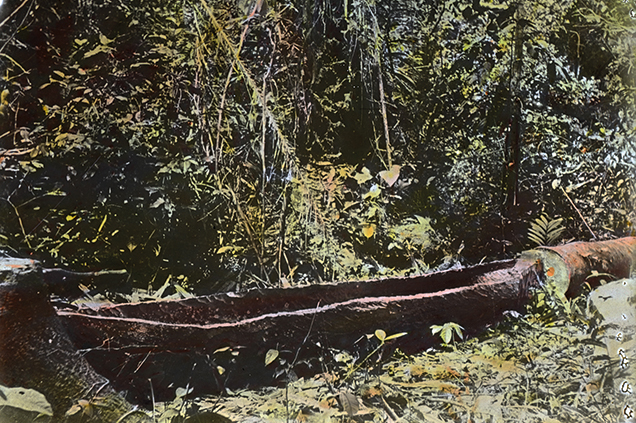
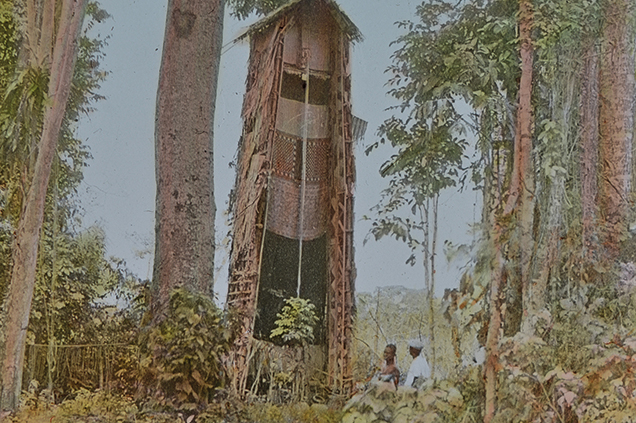
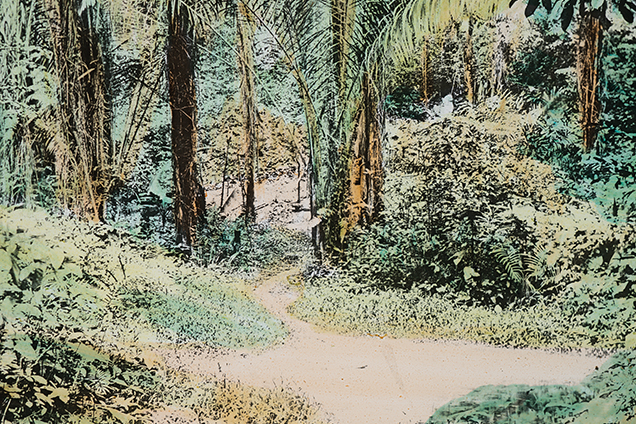
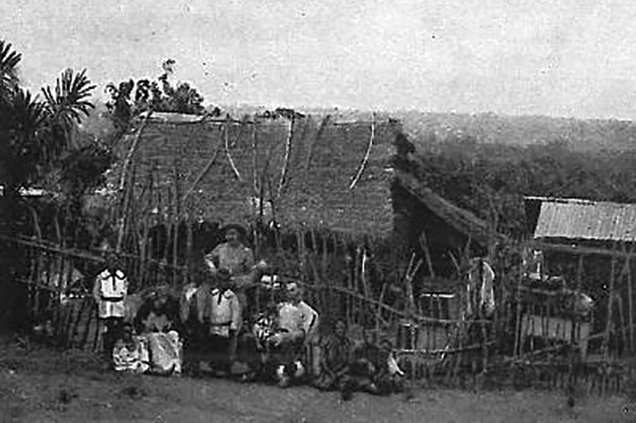
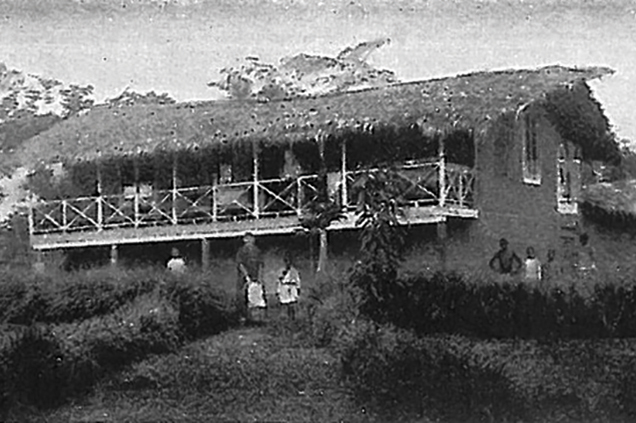
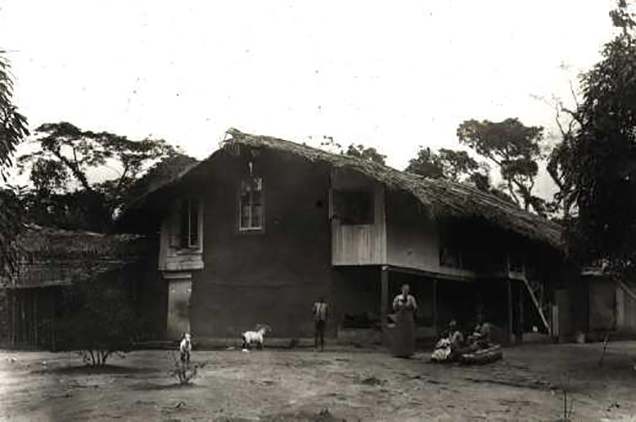
Dundee City Council, Dundee Art Galleries & Museums:
Canoe made from a tree trunk
Dundee City Council, Dundee Art Galleries & Museums: Spirit house
Dundee City Council, Dundee Art Galleries & Museums:
View of a jungle path
Mary Slessor Foundation: The house in which Mary lived at Akpap with her adopted children before the mission house was built
Ma Slessor’s mission house at Ekenge
Mary Slessor’s house at Ekenge c1895
6 - 6
<
>
Scottish Charity No. SC032781
© Mary Slessor Foundation 2016